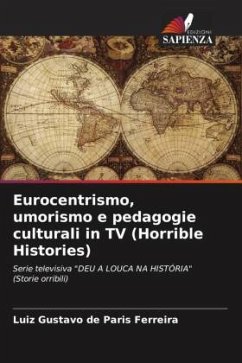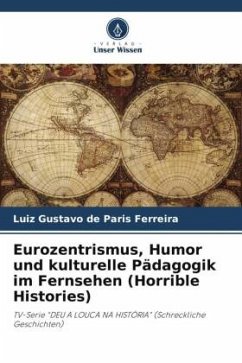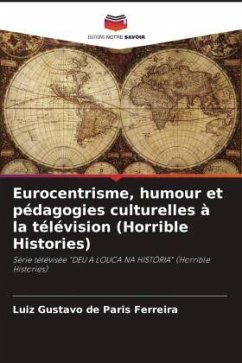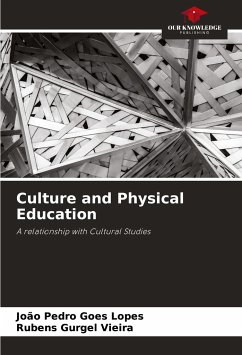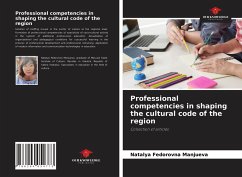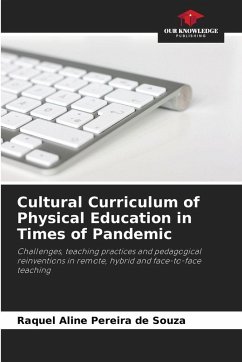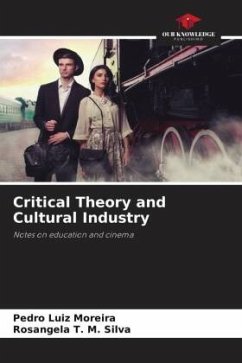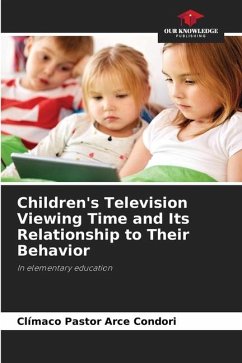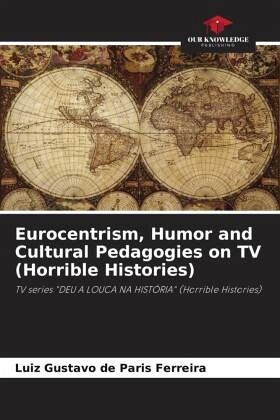
Eurocentrism, Humor and Cultural Pedagogies on TV (Horrible Histories)
TV series "DEU A LOUCA NA HISTÓRIA" (Horrible Histories)
Versandkostenfrei!
Versandfertig in 6-10 Tagen
24,99 €
inkl. MwSt.

PAYBACK Punkte
12 °P sammeln!
The aim of this paper is to analyze the TV show "Horrible Histories" from the perspective of cultural pedagogies. The reflections presented here are epistemologically anchored in the field of Cultural Studies and Education. The theoretical discussions seek to bring together the concepts of discourse, humor, history and Eurocentrism, aligned with television studies. The methodology used is characterized by bibliographical research and analysis of the programme's pictures based on the theoretical framework defined in the bibliographical research. The main thematic axis from which the analyses we...
The aim of this paper is to analyze the TV show "Horrible Histories" from the perspective of cultural pedagogies. The reflections presented here are epistemologically anchored in the field of Cultural Studies and Education. The theoretical discussions seek to bring together the concepts of discourse, humor, history and Eurocentrism, aligned with television studies. The methodology used is characterized by bibliographical research and analysis of the programme's pictures based on the theoretical framework defined in the bibliographical research. The main thematic axis from which the analyses were organized is the issue of Eurocentrism. The main conclusions point to the existence in the programme of a Eurocentric conception of historiography, which is revealed in the way the past of Europe and other continents, the religion of non-European peoples and the process of colonization of territories by Europeans throughout the 19th and 20th centuries are represented. At the same time as the show's humor is intended to entertain, it also acts as a cultural pedagogy that disseminates a Eurocentric conception of culture.





